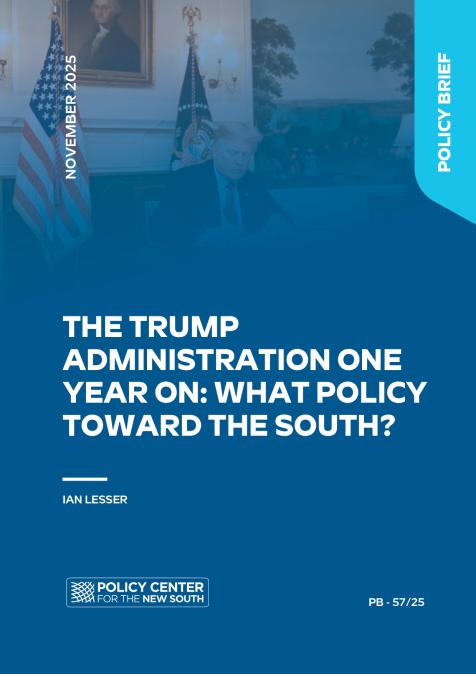Podcasts
Les Etats-Unis de Trump
Related topics:
Laurence Nardon, docteur en science politique de l’université Paris-1, dirige le programme Amérique du Nord de l’Ifri. Auteur du livre « Les Etats-Unis de Trump en 100 questions », Laurence Nardon nous décrypte à travers ce podcast les évolutions politiques, sociales et culturelles récentes des Etats-Unis et interroge le rôle et l’avenir de la puissance américaine. En effet, l’arrivée de Donald Trump à la Maison-Blanche n’est pas un accident, mais le résultat d’années de creusement des inégalités sociales et de transformations de la société américaine. Républicains et démocrates ont encouragé une libéralisation économique et financière excessive, tandis que les élites progressistes se sont concentrées sur les minorités, négligeant les inquiétudes d’une Amérique blanche vouée à devenir minoritaire. En conséquence, Donald Trump est devenu son champion.











